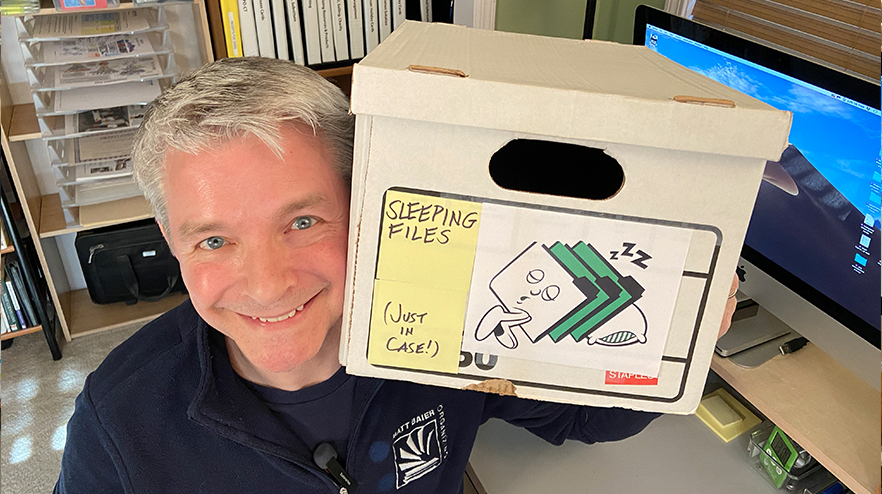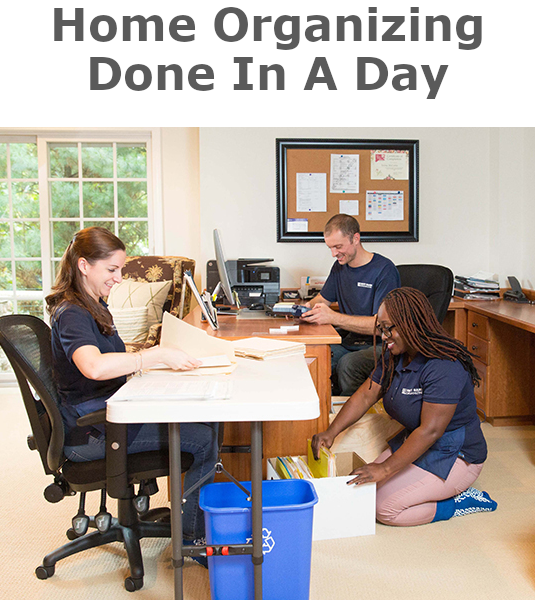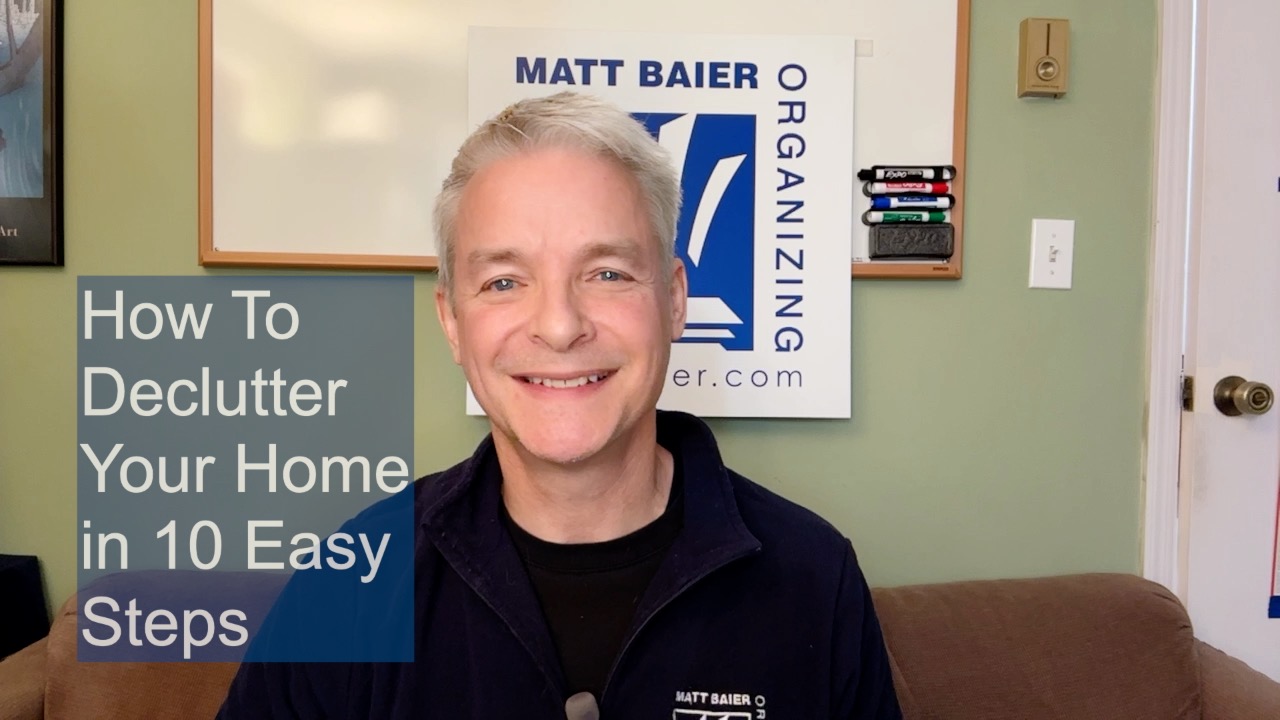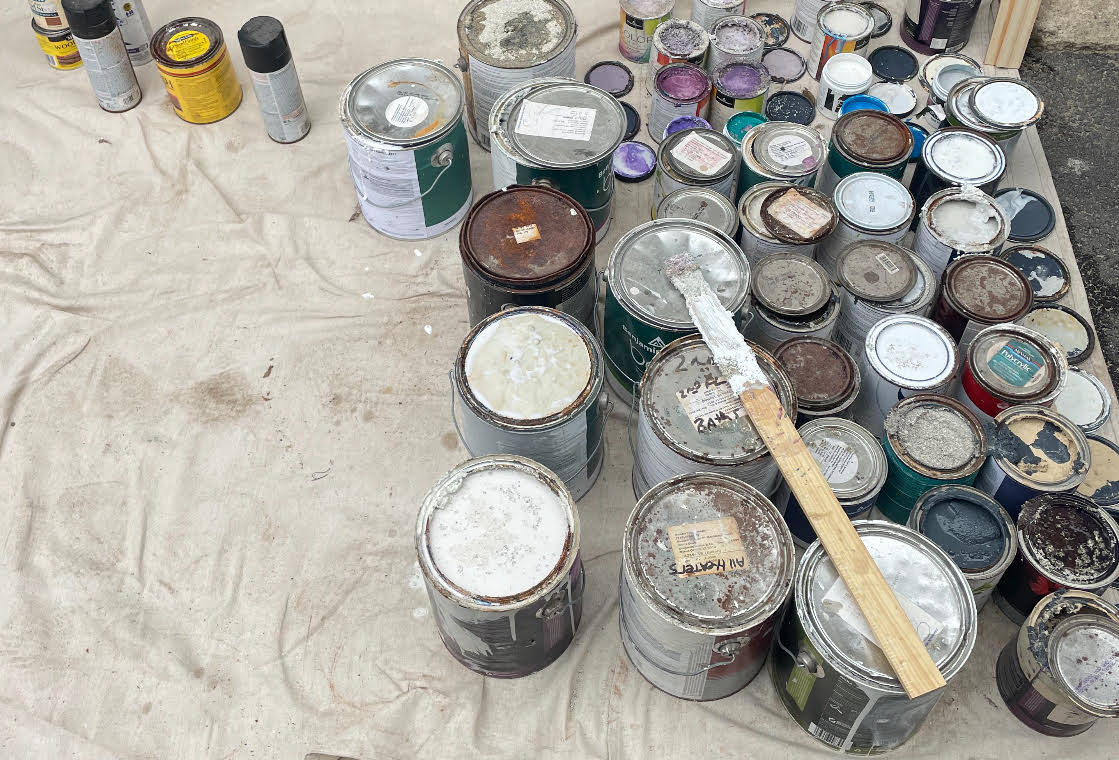Today we look at the subject of organizing paper archives made easy. Last time we looked at making an overall paper strategy easy with the four stages of paper. This post will answer the following questions. Am I keeping too much paper? How long should I keep files? Where do I even begin with all my paper? If you have any of those questions, then read on.
Understanding the four stages of paper is the key to understanding how paper must circulate. As I feature in my book, The Circulation Solution, “Circulation prevents accumulation.” How you circulate your sleeping files is directly related to keeping your daily paperwork organized.
The four stages
It starts with the Running files. These are files that you want to make a point of acting on. They become Sitting files, which you need to be able to find reliably. Sleeping files are what we are talking about today. They are what you keep just in case and they are on their way to becoming Dead files You don’t have to wait until paper passes through sleeping files. Files can be dead on arrival in the form of junk mail.
Sleeping files
Recognizing sleeping files relieves the pressure of making the perfect keep-or-toss decision. The big reason to separate sleeping files from current files is that you are unlikely to need them. Therefore they can be stored more remotely. That can free up a ton of space in your home office to effectively process the files you do need handy. The rule is “remote need merits remote location.” They can be “woken up” if necessary. Sleeping files especially makes sense if you run a business and are holding on to a lot of tax-supporting material.
What to keep
It seems that everybody’s got different comfort levels, but I keep mine for 7 years. It’s best to check with your accountant to be sure. You may also want to make an allowance for sleeping files for medical and financial files.
Processing sleeping files
Last time I talked about the importance of NOT worrying about touching a piece of paper more than once. I also said it is important to sort really FAST. We do this by starting with the easiest decisions and keeping a singular FOCUS. That singular focus continues once you have quickly separated the sleeping files from the other stages. If old files have gotten out of order it’s not worth fussing over categories at this point. Just sort by year. In the unlikely event you need to find an old file, you will still have simplified things. That’s because at least you will have limited your search by year. Don’t over-organize. Save your organizing energy for the Running and Sitting files
Other sleeping files
I consider owners manuals and most keepsakes to be sleeping files, because you typically only keep them just in case. Store them more remotely too. Note: You may have some sleeping files, perhaps some legal ones, that you want to hang onto indefinitely. For any property, a simple rule to follow is “hold until sold”. However the vast majority of sleeping files are on their way to becoming dead files.
Circulate annually
The best time to circulate sleeping files to dead files is on the first Saturday after April 15. It’s also the same time to circulate sitting files to sleeping files. Think it will take all day? It takes less than half an hour. The secret is in the user-friendly filing system that I use for sitting files. I’ll be discussing that in my next post. This circulation of files after taxes are settled is your #1 annual organizing habit.
What about paperless?
If you want to make the switch to paperless, start by separating out the sleeping files. I would devote your scanning time to the sitting files and running files first. Once everything is digital, your concern for physical file space is over. Just don’t underestimate how much time it will take to get to paperless.
But if you’re keeping your paper keep it easy. For sleeping files remember:
- just sort by year
- separate to relocate
- circulate files just once a year FAST!
Next week we look at sitting files, the files you need to find reliably. For residents of Fairfield and Westchester counties who need paper help, we are running The Paper Escaper Special.
Please Share With Your Community
Related Posts
Testimonials
What some of our clients are saying
Imagine An Organized Home
















